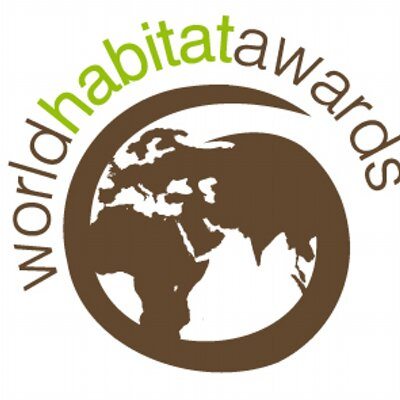Two projects from West Africa and Switzerland, won the latest edition of the World Habitat Awards, which were announced earlier on this week. The main aim was to make housing in cities and elsewhere more affordable and inclusive.
The annual competition draws attention to local ideas that address global housing challenges and value shelter as a human right. It is sponsored by the Building and Social Housing Foundation (BSHF), a U. K.-based with support from UN-Habitat.
The A Roof, a Skill, a Market initiative in several countries of West Africa and the More than Housing project in Zurich, Switzerland make up this year’s winners. They will each be accorded $12,200 in May at a gathering of the UN-Habitat Governing Council in Nairobi.
The West Africa project that began in Burkina Faso has since expanded to Mali, Senegal, Benin and Ghana. In those five nations, locals are being trained by the Nubian Vault Association to build vaulted roofs using mud bricks dried by the sun, according to an announcement Wednesday. The technique used is based on an ancient Egyptian form of construction.
The median zone extending from Senegal to the Sahara, otherwise known as the Sahel, is a region under strain from climate change, conflict and poverty, and as such the vaulted roofs bring the advantage of minimal cost and having little to no environmental degradation.
The simple technique in which these houses are constructed can enable poor communities to live with dignity in the Sahel’s fragile environment.
However, the Nubian Vault are looking towards an end game which is inclusive of generating economic opportunities by equipping locals with new skills as masons and entrepreneurs to serve the burgeoning housing market.
The World Habitat Awards organizers have dubbed housing one of the largest and most ambitious cooperative housing programs in Europe.
Under the Swiss initiative, more than 50 housing cooperatives joined forces to create 13 residential buildings with a total of nearly 400 units. Moreover, the buildings are designed to be energy efficient and minimize automobile use.
Residents also get to have a say on the disbursement of funds and decisions made about prospective developments.
There are 35 retail storefronts for employment opportunities close to home, with the community deciding which businesses should receive leases. Ireland sights the promotion of cohesiveness as a reason behind the success that it this housing experiment.
In acknowledgement, Joan Clos, executive director of UN-Habitat and a World Habitat Awards judge, put emphasis on affordable housing being a global problem.
The World Habitat Awards carved down this year’s field to a dozen finalists.

Leave a Reply